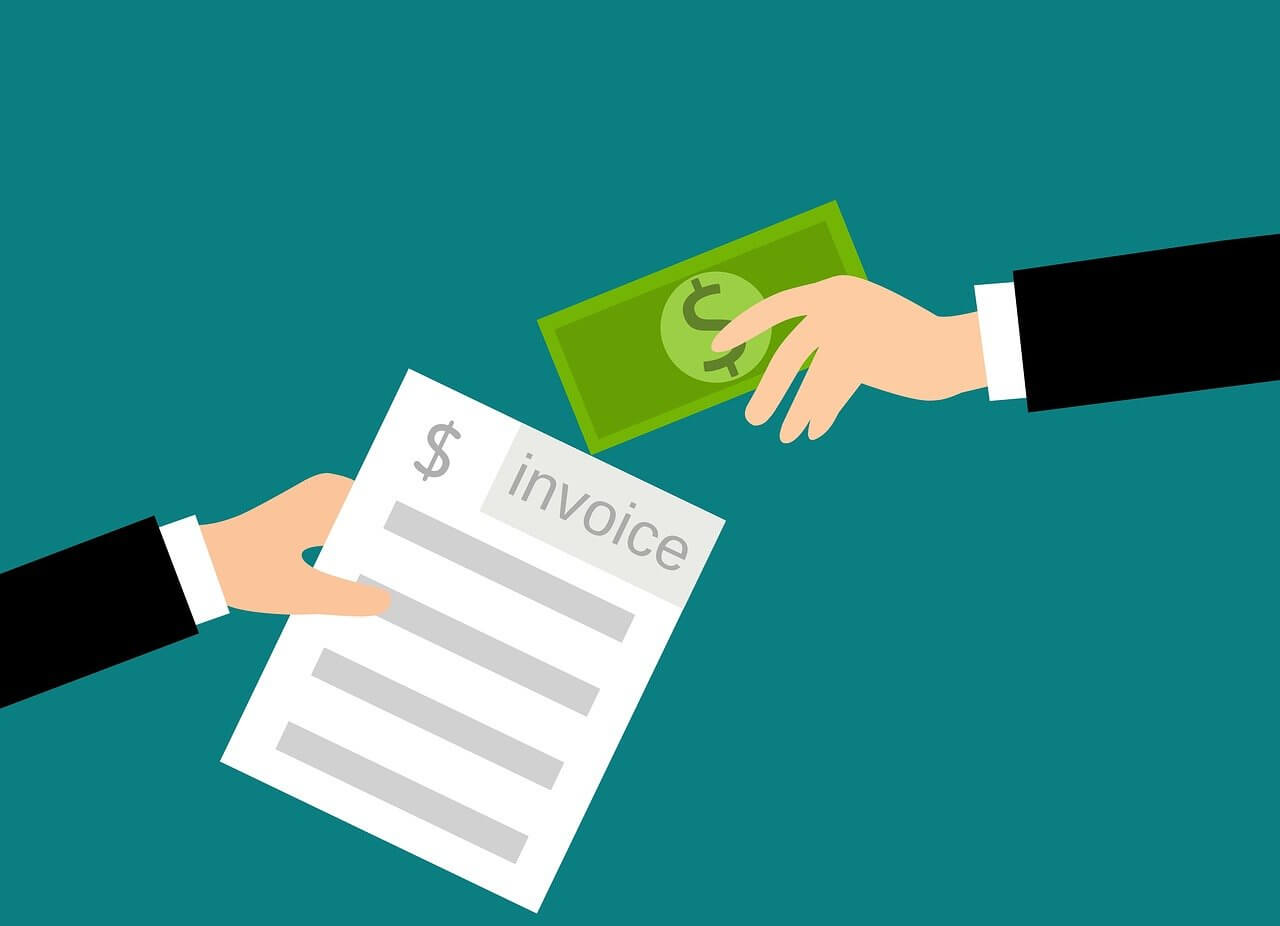Master how to manage business expenses with practical tips to cut costs, boost profitability, and simplify tax deductions. Learn how to stay on top of your finances effectively.
Managing business expenses is crucial for small business owners. It helps maximize tax deductions, anticipate future costs, and create better budgets.
When you keep track of your expenses, you can spot deductions you might have otherwise missed, which can save you money when it’s time to pay taxes.
Every business has both fixed and variable expenses, and these should be closely monitored. Whether they are recurring or one-time costs, tracking them carefully prevents any unexpected financial issues. Having a reliable system to manage these expenses will help you avoid financial stress and keep your business running smoothly.
By regularly managing expenses, you gain control over how your money is spent and ensure you’re prepared for any challenges that arise.
READ ALSO: How to Create a Scalable Business Model
What is Expense Management?
Expense management involves continuously monitoring and adjusting your business costs by creating a budget and tracking spending. This process aims to boost efficiency and profitability in a business.
While it may seem like expense management is just about approving or rejecting employee claims for reimbursement, it goes beyond that. It includes setting policies for employee spending to promote smart financial decisions. Consistent management of expenses gives you control over your business’s spending on a daily, monthly, and yearly basis, ensuring that every dollar is used wisely.
Types of Business Expenses
Depreciation
Depreciation is a fixed expense that needs attention, especially when replacing large assets. It is often tax-deductible, making it important for calculating the return on investment (ROI).
Fixed Expenses
Fixed expenses are predictable and recurring costs that don’t change often. They are easy to plan for in your budget and usually include things like rent, mortgage, utilities, salaries, and subscriptions.
Variable Expenses
Variable expenses fluctuate and depend on your business activities. These can include raw materials, utility bills, transaction fees, and commissions. You have more control over these costs as they change based on your business needs.
Periodic Expenses
Periodic expenses are harder to predict since they occur once or twice a year. These include insurance premiums, taxes, and maintenance costs. It’s wise to set aside money to cover these unexpected costs when they arise.
Benefits of Managing Business Expenses
Address Spending Issues
Managing expenses doesn’t just mean cutting costs. It’s about ensuring that every cost brings value and contributes to the business’s ROI. Poor expense tracking can hurt your financial planning and affect profitability over time.
Stick to Your Budget
Regular expense tracking helps align your actual spending with your budget. With consistent reviews, you’ll better understand where you can reduce costs and where to allocate more funds.
Better View of Profit & Loss (P&L)
Tracking expenses helps you create accurate P&L statements, giving you a complete picture of your financial performance, from small purchases to larger business expenses.
Faster Reimbursement
When employees submit expenses in real time, finance teams can approve or reject them quickly, resulting in faster reimbursements and higher employee satisfaction.
Fraud Prevention
Clear expense reports prevent fraudulent activities by outlining every transaction detail, reducing the risk of false claims.
Tax Deductions
Accurate records of your expenses help you maximize tax deductions. Certain business-related expenses, like employee salaries and travel, can be deducted during tax time.
Challenges in Business Expense Management
Complex Processes
Expense management involves keeping up with daily spending limits, saving receipts, and remembering transaction details. This can become overwhelming without proper systems in place.
Lack of Expense Tracking
Poor visibility into spending often results in lost receipts and incorrect records, making it hard to manage finances and identify which departments need cost-cutting measures.
Weak Expense Policies
Without strong, clear policies, employees may overspend or make inconsistent purchases. It’s essential to have clear guidelines on how much should be spent in different categories.
Delayed Expense Reports
Employees often submit expense reports late, which can delay reimbursement and increase manual processing costs.
High Processing Costs
Processing each expense report can be costly, especially for larger companies. Time, money, and the potential for fraud can add up, making it expensive to manage.
Travel Policy Friction
Employees may ignore travel policies because they find them confusing or difficult to follow, which reduces the effectiveness of the guidelines.
READ ALSO: Effective Cost-Cutting Strategies for Small Businesses: Know All
Steps to Manage Business Expenses Effectively
Open a Business Bank Account
Separate your business finances from your personal accounts to make it easier to track and categorize expenses. This also helps when claiming tax deductions.
Use a Business Credit Card
A business credit card helps build credit, secure financing, and track spending. Credit cards also offer benefits like cashback and rewards, adding extra value to your purchases.
Review VAT Regularly
If your business is VAT registered, regularly review input VAT to ensure compliance and optimize tax savings.
Seek Professional Help
If managing your expenses becomes overwhelming, consider hiring an accountant or bookkeeper. They can help you understand financial statements, create budgets, and find ways to cut costs.
Digitize Receipts
Use a receipt scanner to digitize and store your receipts, making it easier to track expenses and preventing loss or damage to physical receipts.
Review and Categorize Expenses Regularly
Regularly reviewing and categorizing expenses helps you stay on top of your finances. This also allows you to make informed financial decisions that benefit your business in the long term.
Frequently Asked Questions
What is the 50-30-20 Rule?
The 50-30-20 rule is a simple guideline for managing your finances. It suggests that you use 50% of your after-tax income for essential needs like housing, food, and bills. Then, 30% should go toward things you want but don’t necessarily need, such as entertainment or dining out. The remaining 20% should be saved or used to pay off debts, helping you build a secure financial future.
How Can I Balance My Expenses?
To balance your expenses, start by building an emergency fund. Aim to save enough to cover three to six months of living costs in case of unexpected situations. You can also use budgeting apps to track your spending and see where you might cut back. These tools can give you a clearer picture of your financial habits and help you stay on track.
How to Organize Your Expenses
One of the easiest ways to organize your expenses is by checking your bank balance regularly. Set a specific time each day or week to review your finances so you always know where your money is going. Make financial tasks like paying bills part of your routine, so you stay on top of your spending and avoid missing payments.
Conclusion:
Learning how to effectively manage business expenses is essential for maintaining financial stability and ensuring profitability. By regularly tracking your costs, setting clear spending policies, and leveraging tools like budgeting apps and receipt scanners, you can gain better control over your company’s finances.
This not only helps you maximize tax deductions and prevent fraud but also ensures you’re making informed decisions that support long-term growth. With the right strategies in place, managing business expenses becomes a seamless part of your daily operations, leading to a more successful and financially sound business.







